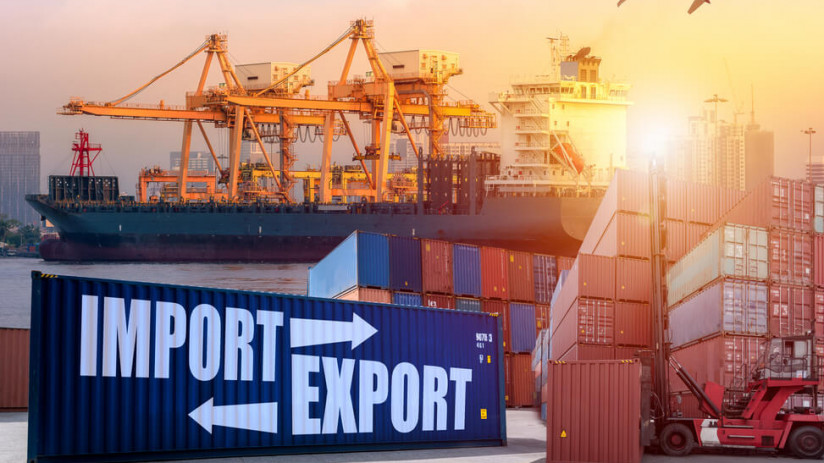In order to clarify the obstacles faced by entities involved in foreign trade operations in Azerbaijan, members of the study group consisting of graduates of the "Young Economists” trainings provided by the Institute for Democratic Initiatives (IDI) prepared a study paper.
This paper was prepared on the basis of the World Bank's annual Doing Business report, which is prepared comparatively by countries each year, as well as the problems and obstacles that arose as a result of surveys with local entrepreneurs.
The study begins with an analysis of the commodity and geographical structure of Azerbaijan's foreign trade and changes in the dynamics in recent years. It continues by providing detailed information based on the assessment methodology conducted by countries on the basis of the "international trade" indicator of the Doing Business report.
Furthermore, in the study, Azerbaijan's position is compared with the best practice (Denmark), as well as the countries of the region (Turkey and Georgia) in import and export procedures - both border compliance and documentary compliance, problems in this area are touched upon; moreover, it provides an analysis of the factors that lead to the loss of extra time and costs during customs clearance based on feedback from local entrepreneurs.
Finally, the main obstacles faced by foreign trade entities, possible mechanisms for their elimination were noted and some recommendations were given.
Such that:
•According to the study of the World Bank, the costs of border compliance for foreign trade participants in Azerbaijan are almost twice as high as in the region;
•Azerbaijan is in a more unfavorable position than Turkey and Georgia in terms of time and cost of documentary compliance for export. Such that the time of documentary compliance for export is 16 times higher than in Georgia, 8 times higher than in Turkey, and the cost of documentary compliance for export is about 5 times higher than in Turkey;
•Although the time of border compliance in Azerbaijan is lower than in Georgia, it is 7 times higher than in Turkey;
•The time of documentary compliance for import in Azerbaijan is 16 times longer than in both Georgia and Turkey;
•The cost of documentary compliance for import in Azerbaijan is about 10% higher than in Georgia, and about 4 times higher than in Turkey;
•Compared to the countries involved in the study, in Azerbaijan, more documents are required for export and import. For example, 7 documents are required for import operations in Azerbaijan, 4 in Georgia, and 5 in Turkey; 6 documents are required for export operations in Azerbaijan, 4 in Georgia, and 6 in Turkey;
•Although a Green Corridor system has been established to speed up border clearance for foreign trade entities, less than 2% of all entities are able to take advantage of this opportunity;
•Although the need to reduce the list of goods requiring mandatory certification is also acknowledged in the Presidential Order, the implementation of reform measures in this area is delayed for unknown reasons;
•The cost required and time spent to obtain certificates during import operations is quite high.
Taking into account the above-mentioned problems, it is important to take the following steps to eliminate the obstacles faced by foreign trade entities in Azerbaijan:
•There is a need to prepare a Roadmap to improve the country's position on the "international trade" indicator in the Doing Business report of the World Bank.
•Hygienic certificates adopted by reputable international organizations must be recognized by the national customs system.
•The use of the Green Corridor system should be encouraged.
